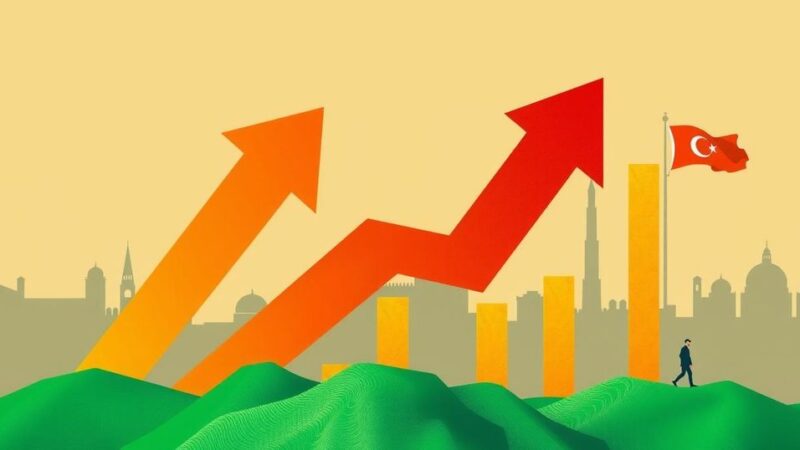Charcoal sales in Tanzania surged to Sh5.73 billion in September 2024, a 100 percent increase from the previous year. Despite efforts for clean energy transition, stakeholders recommend enhancing public awareness and affordability of cleaner alternatives, especially in rural areas. Tanzania aims for 80 percent clean energy adoption by 2034, emphasizing the distribution of cooking gas.
Charcoal sales in Tanzania have increased significantly, as indicated by the Bank of Tanzania’s Consolidated Zonal Economic Report for the quarter ending September 2024. Charcoal sales reached Sh5.73 billion, up from Sh2.94 billion in the same quarter of the previous year, reflecting a 100 percent increase in consumer demand for this traditional cooking fuel. However, there was a notable 39.30 percent decrease in sales compared to the preceding quarter, highlighting seasonal variations in consumption patterns.
Despite the rise in sales, stakeholders in the energy sector are advocating for reducing reliance on charcoal. Recommendations include public awareness campaigns promoting clean energy alternatives, addressing the costs associated with clean energy sources, and improving their accessibility nationwide. Tanzania aims to ensure that 80 percent of its population utilizes clean cooking energy by 2034, primarily through the promotion and distribution of cooking gas.
The South-Eastern zone emerged as the leading area in charcoal sales, accounting for Sh3.68 billion or 64.22 percent of the national total. This was followed by the Central region with Sh856.6 million and the Northern region at Sh775.6 million. The Lake Zone and Dar es Salaam recorded lower sales at Sh410.9 million and Sh12.6 million, respectively.
According to Dr. Lutengano Mwinuka from the University of Dodoma, a significant portion of Tanzania’s population resides in rural areas where access to clean energy is limited. He highlighted the need for energy-efficient stoves and awareness campaigns to promote the use of biomass and agricultural waste, thus reducing reliance on charcoal. He stressed that promoting clean energy must address the unique conditions faced by rural communities.
Dr. Donald Mmari, Executive Director of Repoa, echoed the call for effective awareness campaigns targeted toward rural areas. He cautioned that while highlighting the benefits of clean energy is crucial, ensuring that alternative sources are accessible and affordable is equally important.
Professor Aurelia Kamuzora from Mzumbe University proposed research to evaluate the economic capacity of Tanzanians regarding gas pricing. She indicated that charcoal is still perceived as a more affordable fuel option compared to gas, suggesting a need for a price realignment to facilitate a transition. Professor Kamuzora emphasized that if the cost of refilling gas cylinders remains high, it would lead consumers to revert to charcoal.
Dr. Mmari also insisted on making alternative energy sources cheaper and more available, especially in rural regions, by scrutinizing transportation, production costs, and energy generation technology. Dr. Mwinuka called for a review of gas pricing policies to lower costs, further suggesting tax adjustments to enhance the affordability of clean energy sources.
In conclusion, although charcoal sales in Tanzania have experienced a significant surge, there remain critical challenges in transitioning to cleaner energy sources. Stakeholders advocate for public awareness and affordability of clean cooking options to encourage greater adoption. With government efforts aiming for 80 percent clean energy adoption by 2034, addressing the economic viability of cooking gas and accessibility in rural areas is paramount to achieving these objectives.
Original Source: www.thecitizen.co.tz






